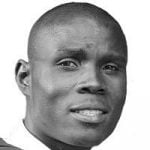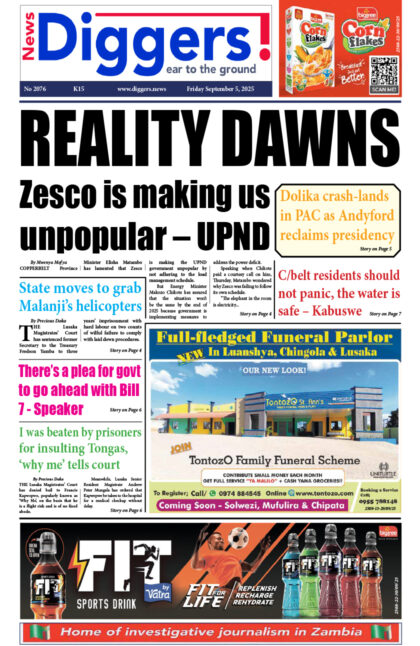EUROPEAN Union Ambassador to Zambia and COMESA Jack Jankowski says regional integration in African countries still faces the key challenge of reliance on external funding from developed countries.
And COMESA secretary general Chileshe Kapwepwe says the Secretariat has the role in resource mobilisation in fostering gender equality and empowerment of women and girls in the region.
Speaking during the signing ceremony of the COMESA Institute Capacity Building programme in Lusaka, Wednesday, Ambassador Jankowski observed that regional integration in African countries still faced key challenges of reliance on external funding from developed economies, among others, to drive its agenda.
“COMESA scored many positive results in the recent past. Nonetheless, regional integration in African countries face a number of challenges, such as multiplicity and overlapping membership; inadequate capacities of regional economic communities and the reliance on external funding from developed partners. However, the European Union remains optimistic and acknowledges the COMESA Secretariat’s effort to engage its member-states and to deliver concrete results that serve the people on the ground,” Ambassador Jankowski said.
He observed that enhancing the COMESA Secretariat capacity would lead to more ownership and better regional interventions into concrete deliverables and benefits.
“The European Union and our partners from the African, Caribbean and Pacific Region, have just concluded the negotiations on the post-Cotonou Agreement and we already started consultations with RECs on the regional programming 2021-2027. Moreover, we will soon deploy the new Neighbourhood, Development Union and International Cooperation Instrument (NDICI) through which the EU will in future implement its bilateral and regional cooperation with all our partners. We hope that enhancing the capacity of the COMESA Secretariat and its counterparts and interlocutors at member-state level will lead to more ownership and better translate regional interventions and commitments into very concert deliverables and benefits,” said Ambassador Jankowski.
He reiterated the EU’s commitment to continue supporting COMESA in better fulfilling its central and transformative role in the region.
And Kapwepwe said that the Secretariat had a key role in resource mobilisation in fostering gender equality and empowerment of women and girls in the region.
“The Secretariat has a role in resource mobilisation, in fostering gender equality and empowerment of women and girls in the region. This is in addition to facilitating, coordinating and monitoring regional operations and ensuring the effective information and communication between COMESA and its member-states and other organisations and public at large,” she said.
“And to address some of the challenges, the Institutional Capacity Building Programme will provide the necessary back up to ensure these structures are established and improve the following: monitoring and evolution; statistics development; finance and compliance capacities. The other is to strengthen partnership, dialogue and communication on regional integration policies among all key stakeholders, particularly member-states, who remain the key beneficiaries of the programme,” she said.
And Kapwepwe added that the COMESA Secretariat planned on revising the way it conducted its business.
“With additional support, COMESA Secretariat will implement a business process red engineering to redesign the way we do business to better our mission and vision, while ensuring cost reduction. It will help us strategise our priorities clearly and create public awareness with a view of mobilising resources to fill the existing gaps,” said Kapwepwe.
























